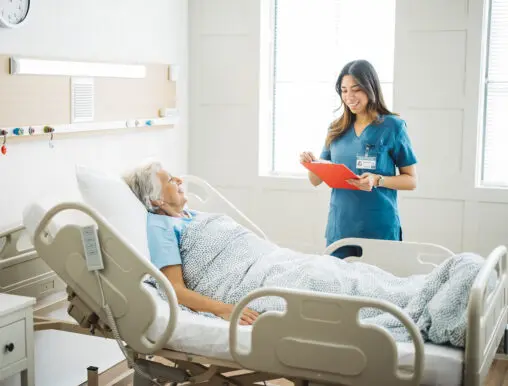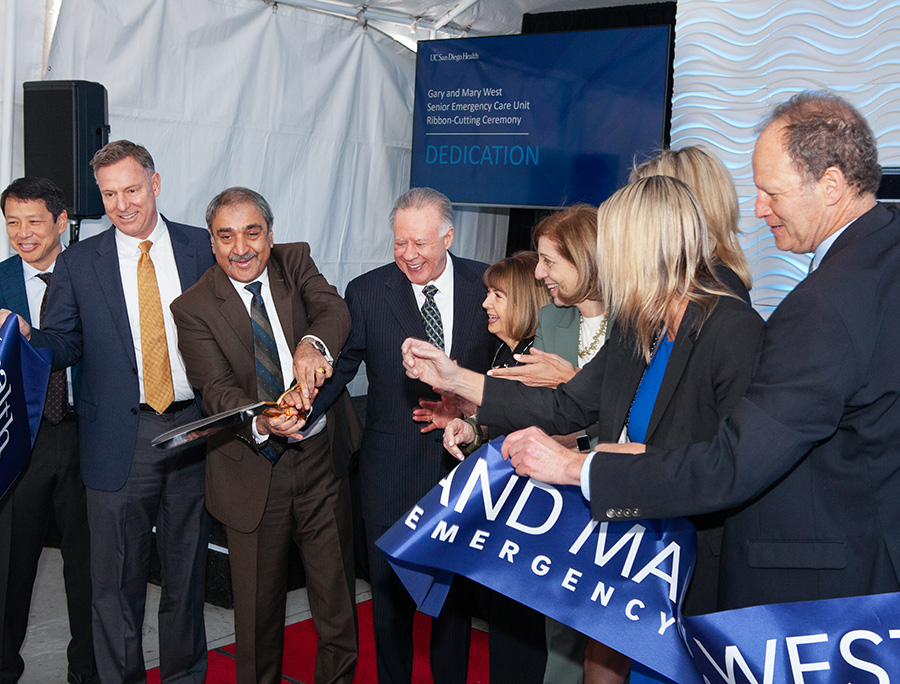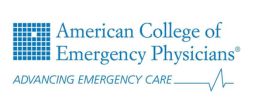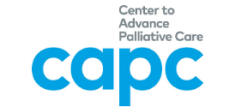Geriatric Emergency Care

Ensure older adults receive emergency care tailored to their specific needs.
Increase the spread, scale, and sustainability of GEDs nationwide.
Drive training and educational opportunities for establishing GEDs in partnership with leaders in geriatric care.
Develop data demonstrating clinical and economic value of GEDs.
What’s a Geriatric Emergency Department?

Emergency departments that earn a GEDA follow best practices across many categories of care, from interdisciplinary staffing and education to ensuring optimal transitions of care to the home or other settings, as well as enhancements of the physical environment and supplies.
Within a GED it’s not just about that fall that happened yesterday; it’s how we help you not fall in the future. We believe this will be a template for how you bring healthcare systems together and drive forward geriatric emergency care for the community.
Dr. Kevin Beise
Chair, ACEP’s Geriatric ED Accreditation Program
Board Member, West Health Policy Center
Hospitals that earn a GED accreditation are signaling to the public that they’re focused on the highest standards of care for their community’s older citizens. West Health is leading efforts to spread, scale and sustain the GED movement through advocacy, collaborative research, data science, training, and development opportunities through collaborative partnerships.
To date, more than 500 GEDs have earned accreditation spreading across 21 international sites, six countries, and 47 states. Now, about 16.2 million Americans aged 65 and older, or nearly 30% of older adults in the U.S., have access to emergency care that’s more tailored and responsive to their needs.
Related Resources
Collaborators & Grantees








